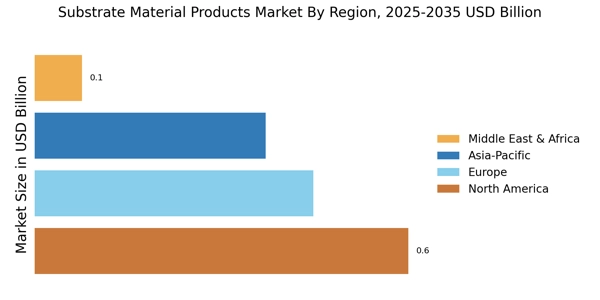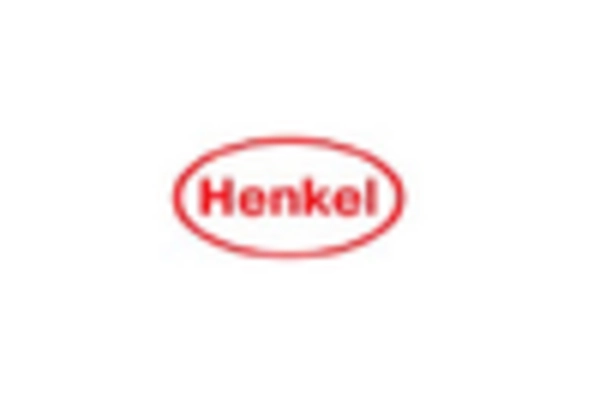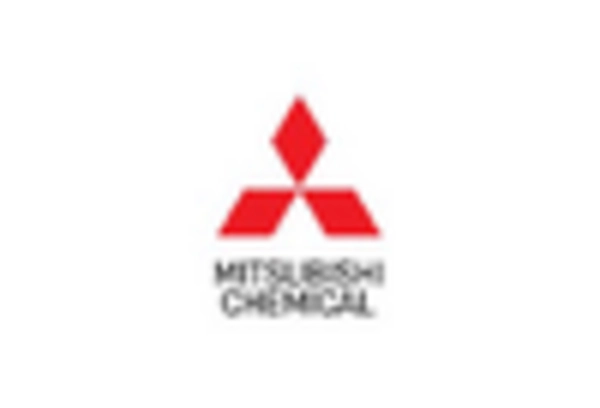Leading market players are putting a lot of money on R&D to expand their product lines, which will help the market for items made from substrate materials, develop even more. Additionally, market players are engaging in a range of calculated initiatives to increase their worldwide presence, with important market developments involving the introduction of new products, contracts, M&A transactions, increased investment, and cooperation with other enterprises. To grow and endure in an increasingly cutthroat and dynamic market, Substrate Material products industry must provide reasonably priced goods.
One of the main business strategies employed by manufacturers is to manufacture locally in order to reduce operating expenses in the global Substrate Material products industry to help customers and expand the market segment. In recent years, the Substrate Material products industry has provided some of the biggest benefits to medicine. Major players in the Substrate Material products market, including Mitsubishi Chemical, Sumitomo Electric, Hitachi, Shin-Etsu Chemical, Fuji Electric, Rubicon Technology, Precision Micro-Optics, KYOCERA Corporation, USI Optronics, Moncrystal, Crystalwise Technology, San'an Optoelectronics, and others, are engaging in research and development activities in an effort to boost market demand.
Hitachi, Ltd. is based in Chiyoda, Tokyo. Originating in the Kuhara Mining facility Hitachi Mine in Hitachi, Ibaraki, Namihei Odaira established a subsidiary facility in 1910 to manufacture electrical machinery. In 1920, the Mining Plant gave way to it. It had formerly been a component of the Nissan Zaibatsu, DKB Group, and Fuyo Group of firms. Eventually, DKB and Fuji Bank, the main Fuyo Group Company, combined to establish the Mizuho Financial Group.
In September Hitachi canceled plans to build nuclear power reactors in Wales and Gloucestershire because of financial difficulties brought on by the COVID-19 pandemic.
Kyocera Corporation is a worldwide ceramics and electronics manufacturer. The company was established in 1959 by Kazuo Inamori under the name Kyoto Ceramic Company, Limited, and it changed its name in 1982. It produces cutting tools, semiconductor packages, telecommunications equipment, and office document imaging equipment, industrial ceramics, and solar power producing systems, electronic components, and parts for dental and medical implant systems.
In November Kyocera purchased SLD Laser, a manufacturer of light sources. The business created a novel product that transforms blue laser energy into a broad-spectrum, incoherent, high-luminance white light source using phosphor.

















